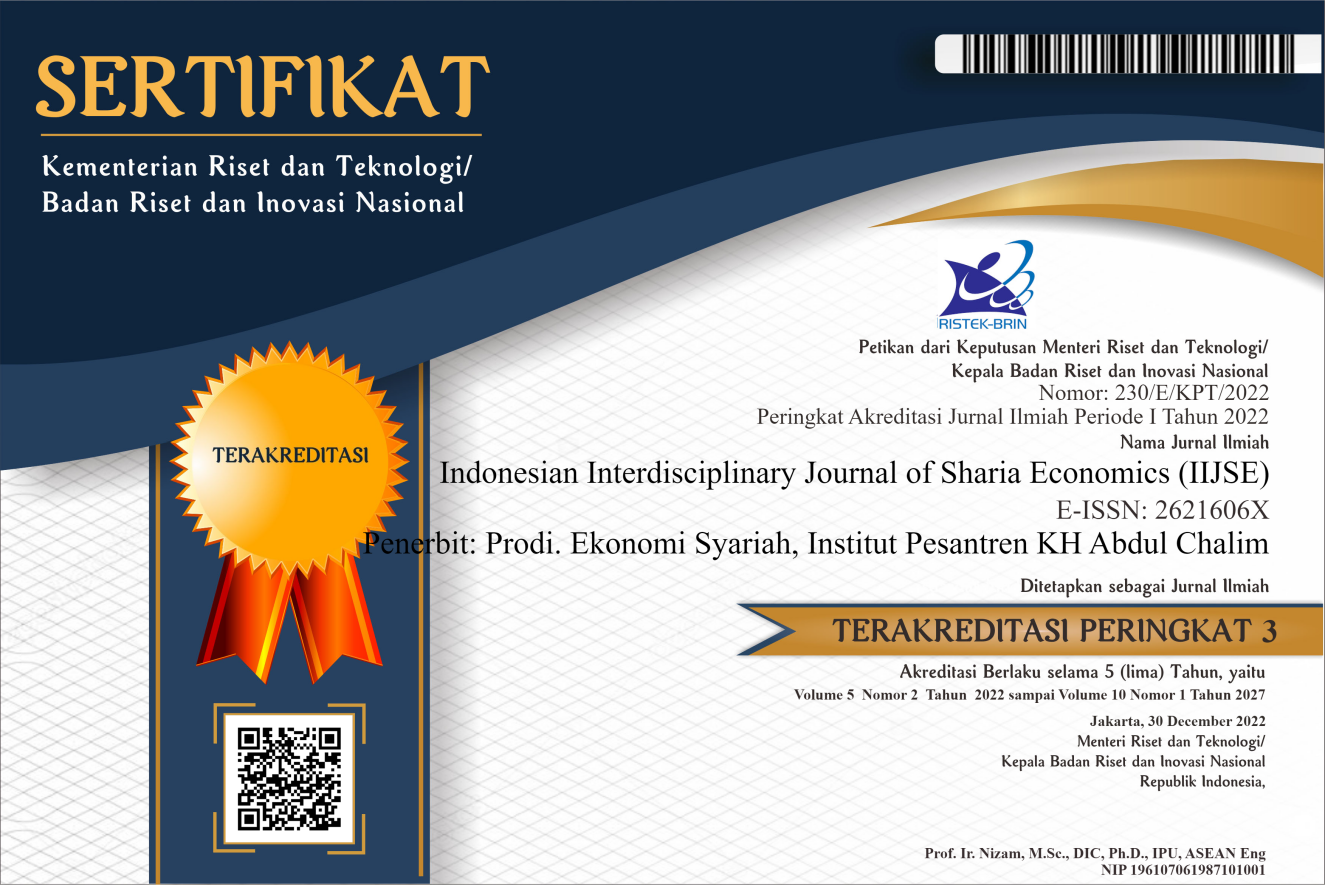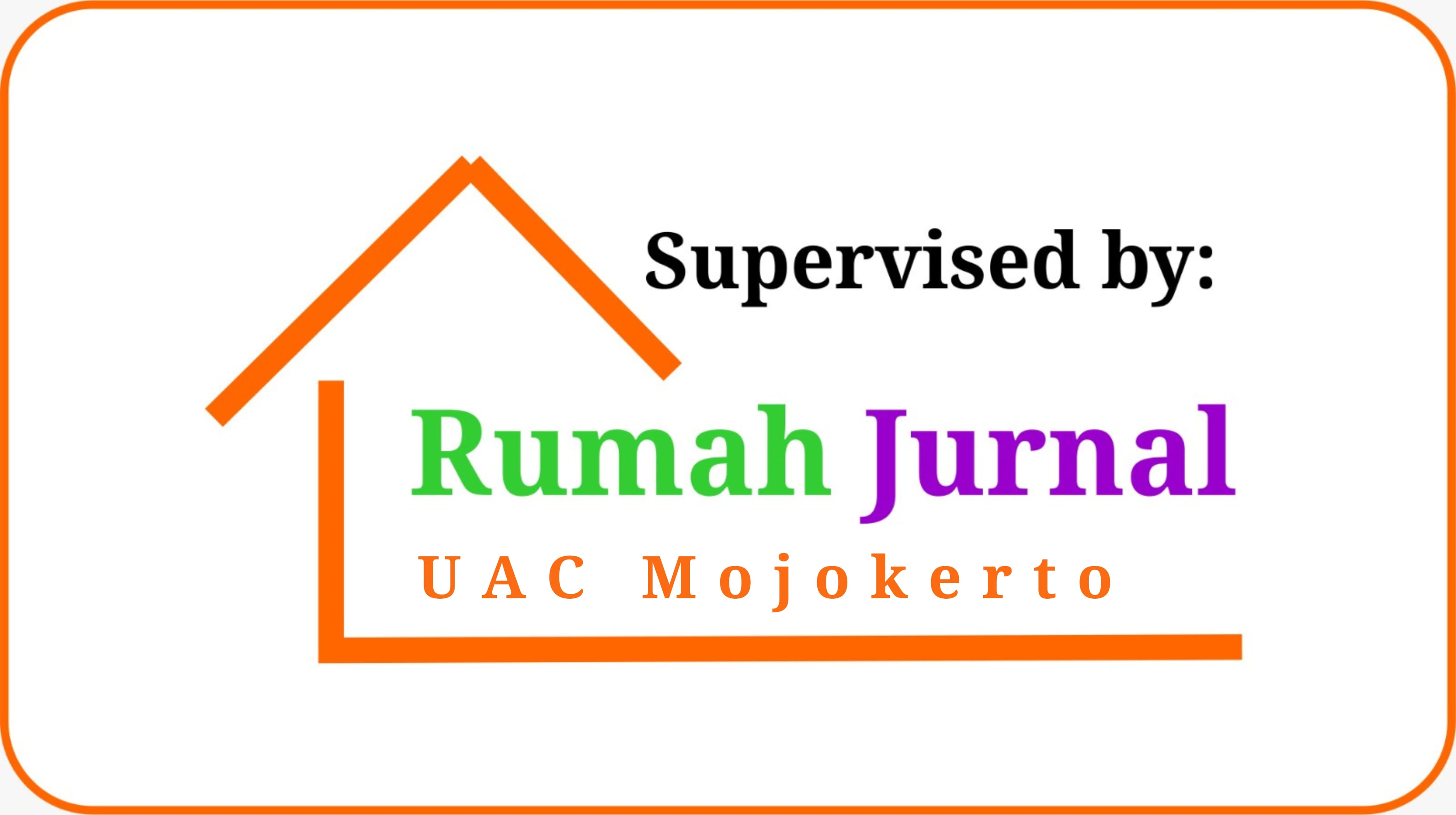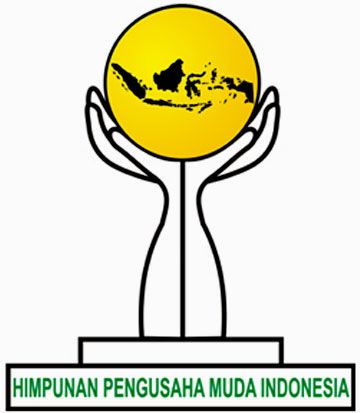Analysis of Pesantren Culture on the Growth of Community Economy (Case Study at Manahijul Huda Islamic Boarding School Year 2023-2024)
Abstract
This research examines how the culture of pesantren contributes to supporting the economic growth of the community, using Pondok Pesantren Manahijul Huda as the object of study. Pesantren, besides functioning as a religious educational institution, also plays a role as a center of economic activity through programs such as the Manah Festival and Manah Laundry. With a descriptive qualitative approach, data were collected through field observations, interviews, and documentation to provide a comprehensive picture of the economic role of the pesantren in its surrounding environment. The findings show that the cultural values alive in the pesantren also shape an open and participatory economic system, involving students, alumni, and the local community. The entrepreneurial initiatives developed in the pesantren also encourage the improvement of skills, independence, and the standard of living of the community. In this case, the pesantren acts as a driving force for social transformation by combining Islamic teachings with community-based economic empowerment.
Downloads
References
Aini, N., Sofiana, R., & Saifullah, M. (2024). Peningkatan Kemandirian Santri Lintang Songo Bantul dan Upaya Pelestarian Warisan Islam Nusantara Melalui Produksi Kaos Arab Pegon. GUYUB: Journal of Community Engagement, 5(2), 595–614. https://doi.org/10.33650/guyub.v5i2.8732
Croitoru Alin. (2012). SchumpeterJ.A.TheTheoryofEconomicDevelopment.
Fauzan, I. (2022). Kontribusi Santripreneurship Sebagai Potensi Kemandirian Ekonomi Umat di Yogyakarta. Al-Hikmah: Jurnal Agama Dan Ilmu Pengetahuan, 19.
Fitriana, U. (2019). Dampak Keberadaan Pondok Pesantren Terhadap Perkembangan Ekonomi Masyarakat: Studi Kasus di Pondok Pesantren Ulil Al Baab NW Gegek Lombok Timur. In Jurnal Humanitas (Vol. 6, Issue 1).
Hifziatin Hisnu. (2024). Peran Pondok Pesantren Dalam Peningkatan Perekonomian Masyarakat Menurut Maqashid Syariah.
Nafilah K Zulfa. (2023). Penerapan Budaya Pesantren Dalam Mengembangkan Karakter Siswa Di Madrasah
Tsanawiyah “Unggulan” Al-Qodiri 1 Jember.
Oktavia Nurhayati. (2024). IMPLEMENTASI MANAJEMEN PRODUKSI SEKTOR PERTANIAN DALAM BISNIS PONDOK PESANTREN (STUDI KASUS PONDO.
Umara F Miftahul. (2024). Peran Pondok Pesantren Dalam Pemberdayaan Ekonomi Masyarakat (Studi Di Pondok
Pesantren Haji Abdul Karim Syu’aib Guguak Randah Kec. IV Koto, Kab. Agam Sumatra Barat).
Wahyudi Imam. (2022). Pengaruh Kebijakan Harga dan Service Quality Terhadap Keputusan Pembelian Jasa di Laundry Pondok Pesantren Riyadlul Jannah Mojokerto. FADZAT:Ekoknomi Syariah, 3.
Zulhimma. (2013). DINAMIKA PERKEMBANGAN PONDOK PESANTREN DI INDONESIA. In Jurnal Darul ’Ilmi
(Vol. 01, Issue 02).
Abimanyu, R. (202 C.E.). Peran Pondok Pesantren dalam Pemberdayaan Ekonomi Sosial di Jombang Masa Pandemi.
Jurnal Ekonomi Islam, 22.
Faridah Anik. (2019). Pesantren, Sejarah dan Metode Pembelajarannya di Indonesia. Studi Islam Dan Sosial, 13.
Karyono. (2024). Peran Pondok Pesantren dalam Pemberdayaan Ekonomi Masyarakat di Kabupaten Subang Jawa Barat (Analisis Implementasi Undang-Undang Nomor 18 Tahun 2019 Pasal 45). Rayah Al-Islam, 7(3), 1779–1791. https://doi.org/10.37274/rais.v7i3.901
Mi’raj, N. (n.d.). Entrepreneur Muda dan Penguatan Ekonomi Berbasis Komunitas (Studi Kasus di Pondok Pesantren Unwanul Falah NW Paok Lombok). http://journal.uinmataram.ac.id/index.php/schemata
Sumarto. (n.d.). Budaya, Pemahaman dan Penerapan "Aspek Sistem Religi, Bahasa, Pengetahuan, Sosial, Kesenian dan Teknologi’’. Literasiologi.
Copyright (c) 2025 Egi Saparudin, Muhamad Nurman, Taryono Taryono

This work is licensed under a Creative Commons Attribution-ShareAlike 4.0 International License.
Authors who publish with this journal agree to the following terms:
- Authors retain copyright and grant the journal right of first publication with the work simultaneously licensed under a Creative Commons Attribution License that allows others to share the work with an acknowledgment of the work's authorship and initial publication in this journal.
- Authors are able to enter into separate, additional contractual arrangements for the non-exclusive distribution of the journal's published version of the work (e.g., post it to an institutional repository or publish it in a book), with an acknowledgment of its initial publication in this journal.
- Authors are permitted and encouraged to post their work online (e.g., in institutional repositories or on their website) prior to and during the submission process, as it can lead to productive exchanges, as well as earlier and greater citation of published work.


















